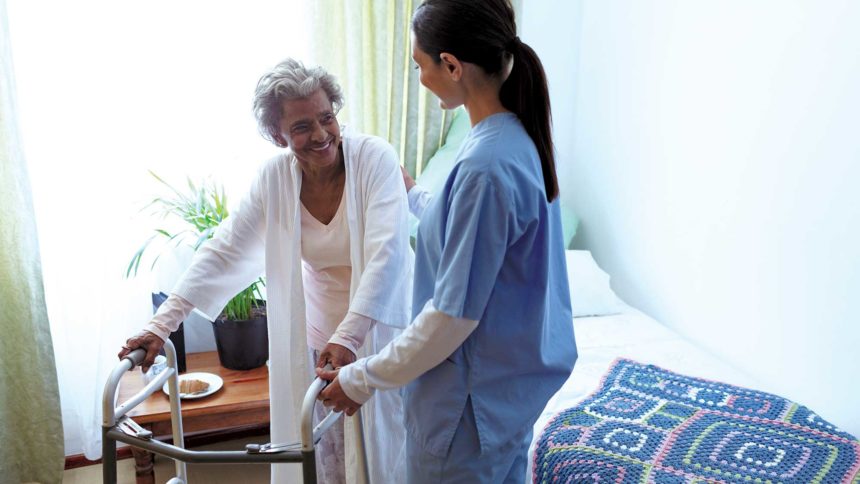
A new review of Medicare data shows that older people who report at least one fall are twice as likely to have another fall in the same year. The findings can help inform insomnia treatment in older adults, the authors say.
Investigators analyzed studies of the Medicare Current Beneficiaries Survey 2016, which included almost 13,000 community-dwelling respondents aged 65 or more years. In addition to the link between initial and subsequent falls, they found that:
- Older adults with more chronic conditions or with worse self-reported health had a higher proportion of annual falls and more subsequent falls per person.
- Among older adults with more chronic conditions or with worse self-reported health, a higher proportion of first falls correlated with a higher number of subsequent falls.
- Patient groups with a higher proportion of “first fallers” also have a higher mean number of falls per faller.
Some insomnia medications are known to increase the odds of falls, and older patients who are seen for trouble sleeping should be screened for falls risk when determining appropriate treatments, the authors concluded.
The review was published as a commentary in the Annals of Long-Term Care.




